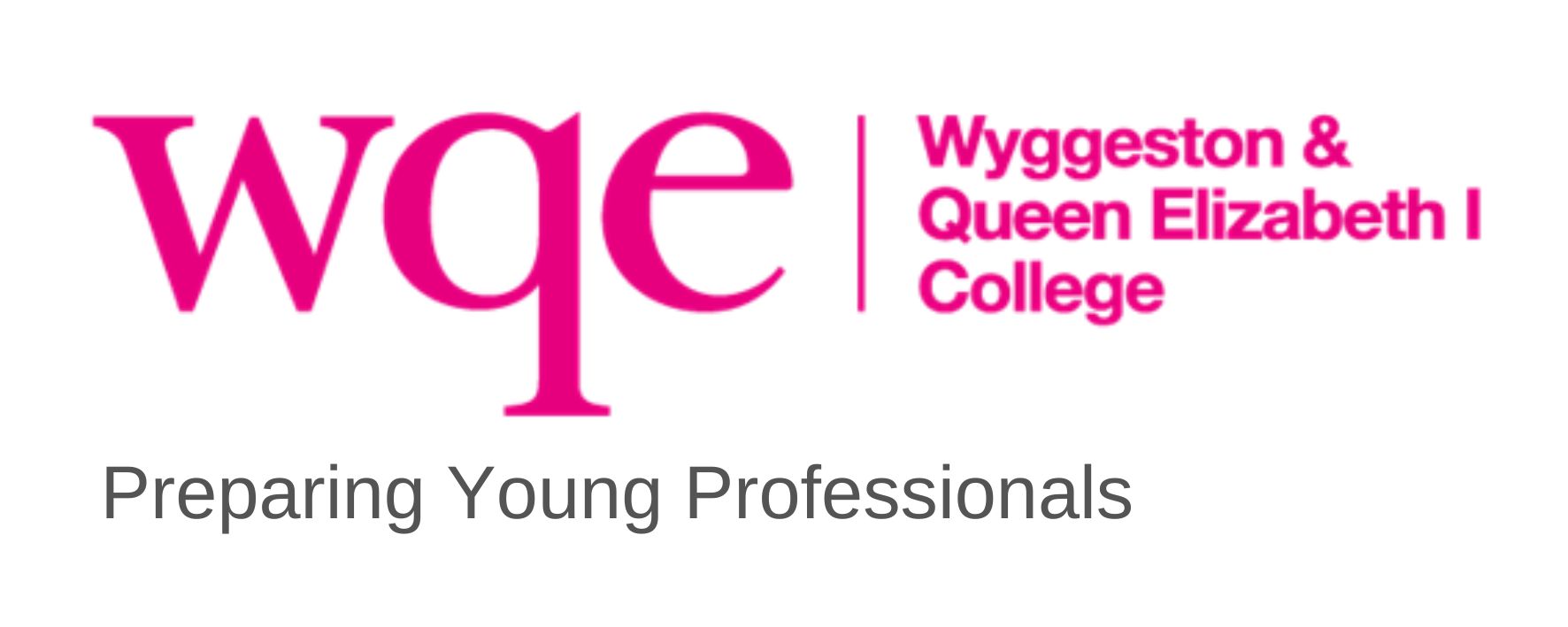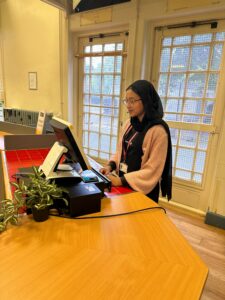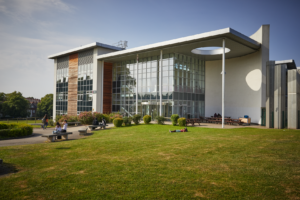Entry Qualifications
5 GCSEs grade 3-4 (D/C), consisting of at least two grade 4s and three grade 3s, including English Language.
This course requires students to realise that it is a creative subject and demands imaginative thinking.
What will I study?
Component 1: Coursework 60%
You will be given a practical introduction to a range of processes and study other photographers’ work. You will learn how to handle a digital camera, how to download images and to acquire a solid grasp of computer technique. In your work you will also be taught to pay great attention to detail in your finished work.
Component 2: Externally-Set Assignment 40%
This component is approached in exactly the same manner as outlined for component 1. You will be given a wide choice of starting points by the examination board. Most of the work will be produced in normal lessons but will be finished in a series of timed sessions.
How will I study?
For each component you will be given a brief that you will use as a starting point. The brief is structured to guide you through the assessment objectives. For each component you are expected to keep a regular journal that contains and records the work you have done, your thinking and your planning. This means that you are encouraged to make your own decisions about the progress of your work. Students are encouraged to help one another and work together on practical aspects of the work. Emphasis is placed on one to one teaching. You and your teacher will discuss your work regularly using your journal as a basis. As well as this informal assistance, your project work will be marked at intervals and at its conclusion using the exam board’s criteria. You will be given written criticism to help you to understand the criteria and to encourage you to improve your work.
How is the course examined?
Component 1: Coursework 60%
Component 2: Externally-Set Assignment 40%
Where next?
Digital Photography is being used in a wide variety of occupations. It is being used to record and convey information in many situations, finding its place in written reports and visual presentations. It is becoming a valuable management tool. You will find the skills you establish in this subject very useful in many careers. The ability to manage a project from start to finish; the ability to collect and organize information, the ability to generate ideas, the ability to evaluate your own progress and to plan ahead – these are all valuable life skills. You will be able to progress onto A level courses or employment.
What does the course combine well with?
Complementary subjects are Art, Graphics, ICT and Media Studies.


